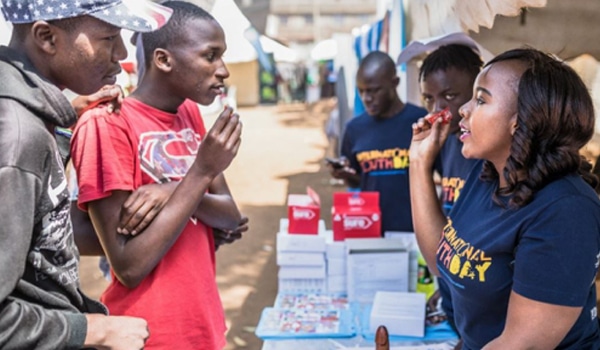
The Reproductive Healthcare Bill, 2019, that was before Parliament in Kenya until mid-August 2020 is a far more substantial and comprehensive bill on sexual and reproductive health than its opponents are willing to acknowledge. The main sponsor of the Bill, Senator Susan Kihika, has explained in the Memorandum of Objects and Reasons that the proposed law is meant to actualise the Constitutional guarantee that every person has the right to the highest attainable standard of health, including the right to reproductive health. To this end, as is plain to see in the text of the Bill itself, it provides an in-depth framework for a range of reproductive health services, including:access to family planning and right to reproductive health information;conditions for and limitations of assisted reproduction, including the parties to surrogate parenthood agreements and validity of those agreements, artificial insemination for surrogate parenthood, multiple pregnancies and compensation;safe motherhood, including antenatal care, delivery services and post-partum care; sterilisation;termination of pregnancy; duty to refer; consent; post-abortion care; and data collection;confidentiality;reproductive health of adolescents, provision of information and consent (including mentorship, spiritual and moral guidance, counselling on sexual abstinence, consequences of unsafe abortion, drug abuse and training in life skills); the obligation on the state to provide adolescents with correct information, guidance and counselling on reproductive health; andinformation and treatment of HIV and AIDS; andfemale genital mutilation.You would never know this from reading the conservative religious opposition media. All the facts about how many deaths there are from unsafe abortions, how many unwanted pregnancies there are among adolescent girls, also seem to count for nought with them.
The right to health is a fundamental human right guaranteed in the Constitution of Kenya. Article 43(1)(a) of the Constitution (2010) provides that every person has the right to the highest attainable standard of health, which includes the right to health care services, including reproductive health care. The proposed reproductive healthcare bill, Senate Bills No. 23 of 2019 gives Parliament and Kenyans an opportunity to bring life to article 43(1)(a) of the Constitution. It seeks to flesh out the details of what the highest standard of reproductive healthcare means.
In mid-August the legislation was said to have been put on hold once again, reportedly until “all the contentious issues are resolved through public participation”. The delay is expected to last at least three months.
SOURCE: DSW + PHOTO, by Evelyn Samba, 24 August 2020 ; The Star, by Henry Makori, 21 September 2020 ; The Reproductive Healthcare Bill 2019 (full text of the bill on the Parliament’s website)



